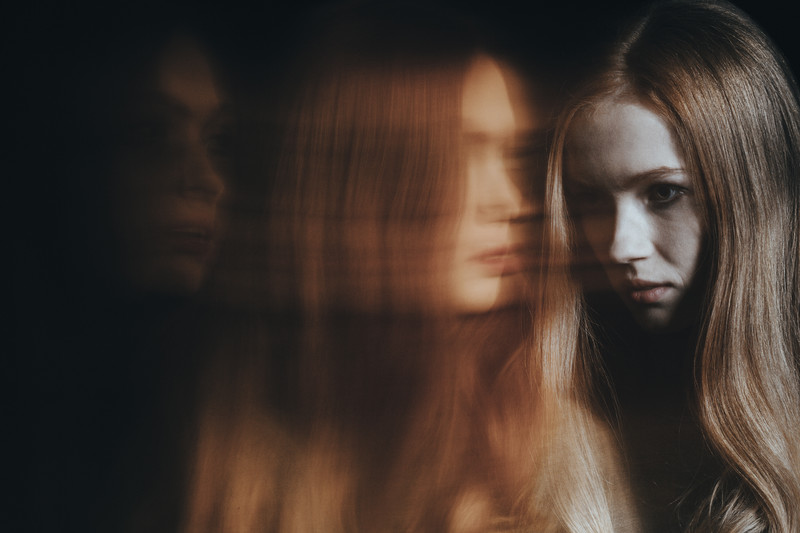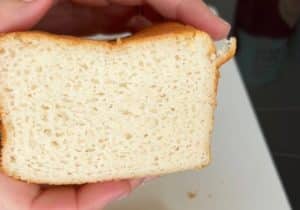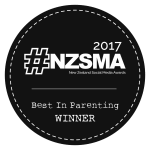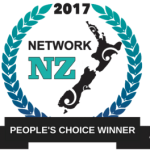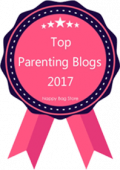My family has a history of Post Natal Psychosis, so it was always important for me to be upfront with Phil and my Doctor before I had children. It also gives me a perspective a lot of other people don’t have.
Sometimes you hear in the news, tragedies, of where Mother’s have ended their child’s life. It’s absolutely devastating and 9 times out of 10 I can’t read the article.
More often than not in the comments section (or troll city as I like to say), of the news article, people say “this is what post natal depression does” or “that mother deserves no sympathy, she should have sought help for her depression”.
As much as I want to say “YES SEND HER TO JAIL”, my heart does break a bit for the mother because clearly there is something not quite right for this to happen.
More often than not, it is not depression but psychosis that has set in.
Let me be the first to say that Post Natal Psychosis is NOTHING like Post Natal Depression.
———————–
WHAT IS POST NATAL PSYCHOSIS?
The word psychosis means “severe mental disorder in which thought and emotions are so impaired that contact is lost with external reality“. So in other words, being out of touch with reality.
Post Natal Psychosis (or Postpartum Psychosis) is UNCOMMON. It only really occurs in every 1 or 2 women per 1,000 births.
The symptoms include high mood and racing thoughts (mania), depression, severe confusion, loss of inhibition, paranoia. Hallucinations and delusions can set in, beginning suddenly in the first two weeks after childbirth.
This is a serious and sometimes even life threatening condition and urgent treatment is required. The baby’s safety may also be at risk.
It is 100% out of the Mother’s control.
———————–
WHAT CAUSES POST NATAL PSYCHOSIS?
When you have a new baby, our hormones can cause a chemical imbalance in our body. Some women are particularly vulnerable to the mental effects of sudden changes in hormone levels (this seems to set off an underlying mood disorder, like Bipolar).
Becoming a parent in itself is extremely stressful, so this can also contribute to it. Sleep deprivation can also be a huge trigger.
Most, but not all cases of postpartum psychosis are episodes of bipolar disorder.
They may be due to other psychiatric conditions or other medical conditions causing delirium. These are what psychiatrists call “mixed mood states” (part of bipolar disorder) and which can result in big fluctuations in how a person is feeling and behaving. Women seem to be particularly prone to these states after having a baby.
It is not known why women, especially those with a history of bipolar disorder, either in themselves or other family members, are particularly vulnerable to getting unwell at this time. Many theories abound.
———————–
TREATMENT
Medication is the best way to treat Post Natal Psychosis (and I don’t say that lightly). Sadly in New Zealand there is only one inpatient Mothers and Babies Service in New Zealand – this service is in Christchurch.
Intensive home nursing is sometimes possible but usually women suffering from postpartum psychosis need admission to hospital. In some instances the mother and the baby need to be separated while the mother recovers.
Obviously counselling will also be needed as well.
———————–
SUPPORT
Mothers who experience Post Natal Psychosis need support; not just in the form of medical intervention. From her family and friends.
If something tragic has happened, like the loss of a life, then it is important the Mother does have support.
Remember Post Natal Psychosis is out of our control, just like Depression; but on a much more serious scale.
I am not a medical professional, however if you are concerned about yourself or someone else, please get in touch with the appropriate professionals (including your GP):
- Lifeline (open 24/7) – 0800 543 354
- Maternal Mental Health Urgent Response Service – 0800 800 717
- Depression Helpline (open 24/7) – 0800 111 757
- Healthline (open 24/7) – 0800 611 116
- Samaritans (open 24/7) – 0800 726 666
- Suicide Crisis Helpline (open 24/7) – 0508 828 865 (0508 TAUTOKO). This is a service for people who may be thinking about suicide, or those who are concerned about family or friends.
- Youthline (open 24/7) – 0800 376 633. You can also text 234 for free between 8am and midnight, or email talk@youthline.co.nz
- 0800 WHATSUP children’s helpline – phone 0800 9428 787 between 1pm and 10pm on weekdays and from 3pm to 10pm on weekends. Online chat is available from 7pm to 10pm every day at www.whatsup.co.nz.
- Kidsline (open 24/7) – 0800 543 754. This service is for children aged 5 to 18. Those who ring between 4pm and 9pm on weekdays will speak to a Kidsline buddy. These are specially trained teenage telephone counsellors.
- Your local Rural Support Trust – 0800 787 254 (0800 RURAL HELP)
- Alcohol Drug Helpline (open 24/7) – 0800 787 797. You can also text 8691 for free.
- For further information, contact the Mental Health Foundation’s free Resource and Information Service (09 623 4812).


